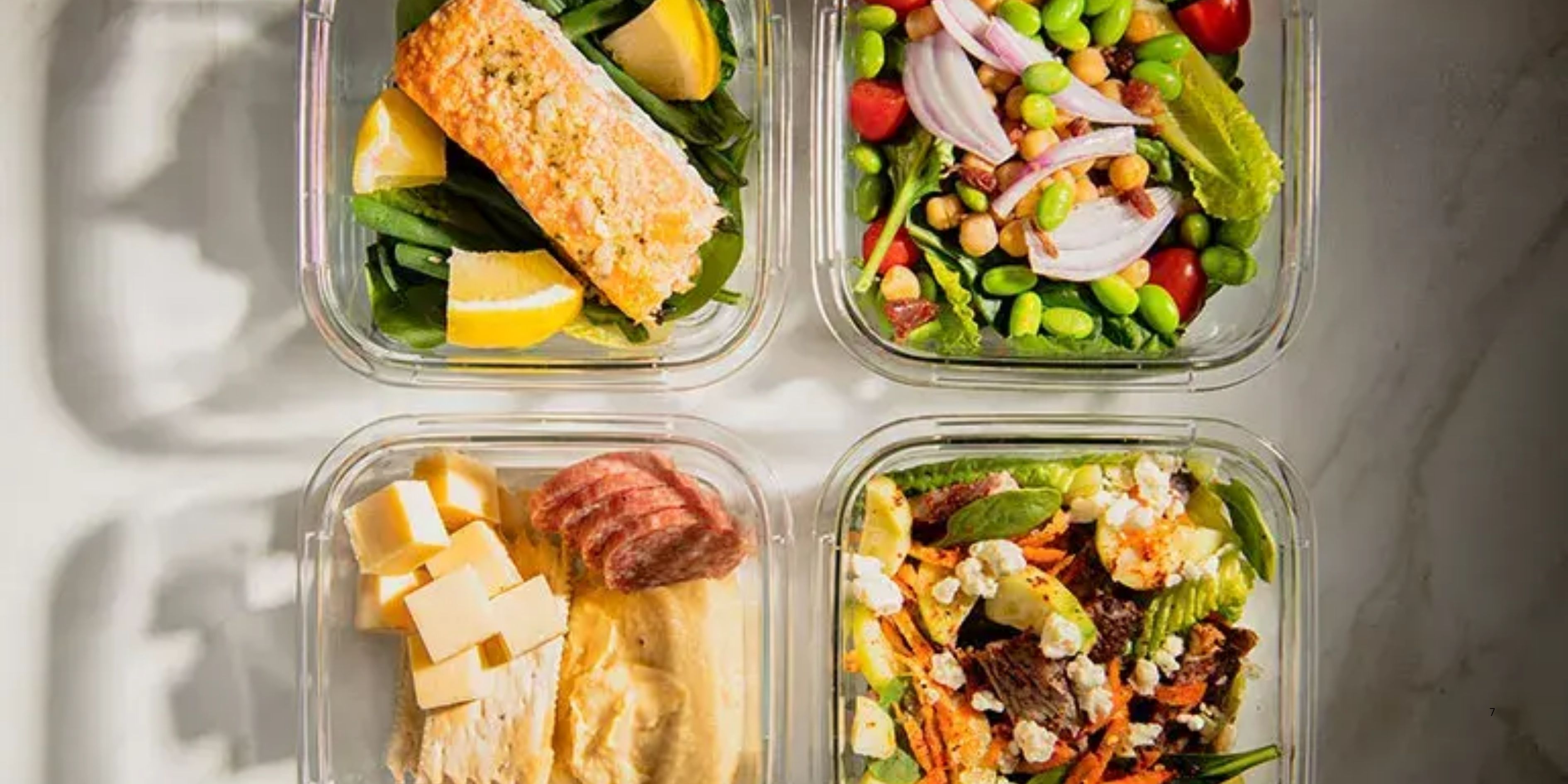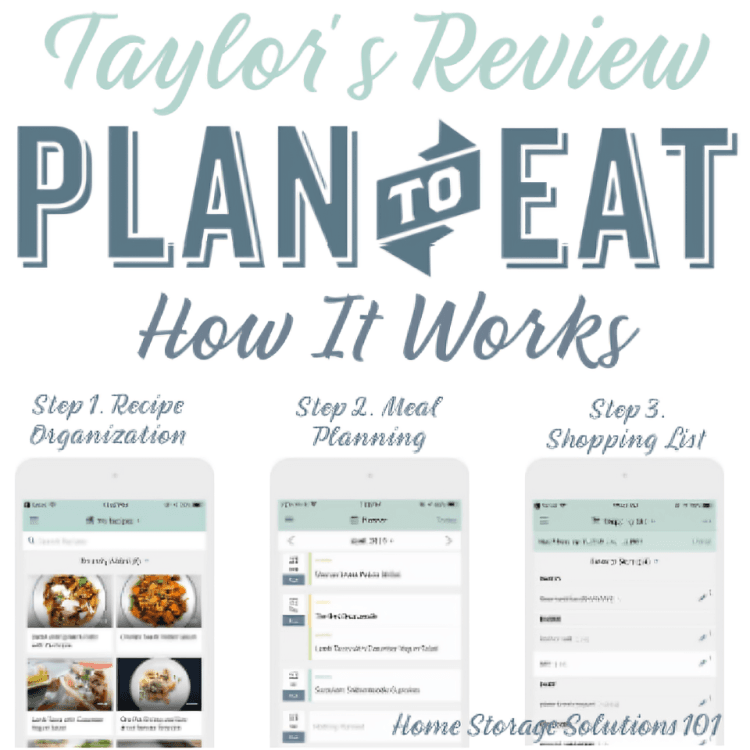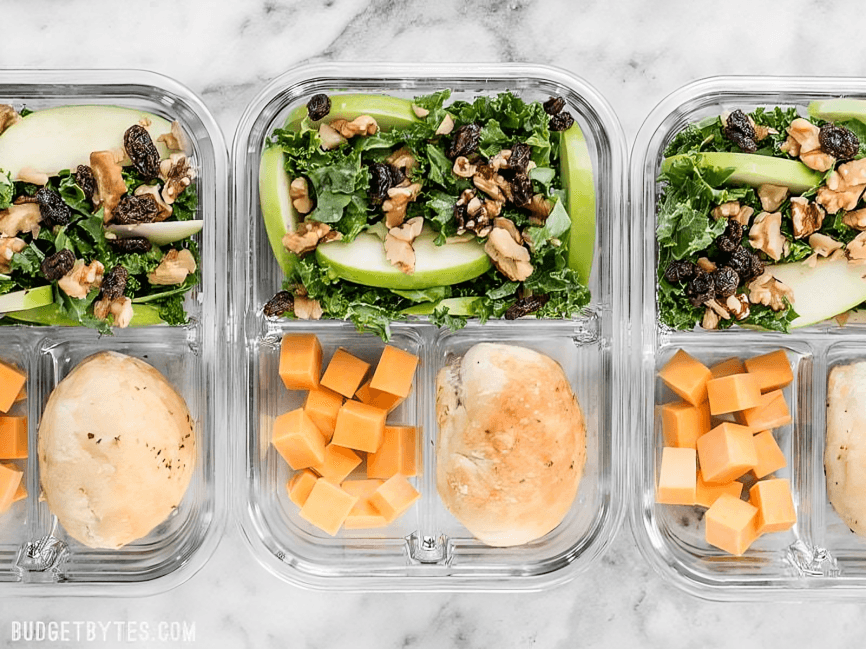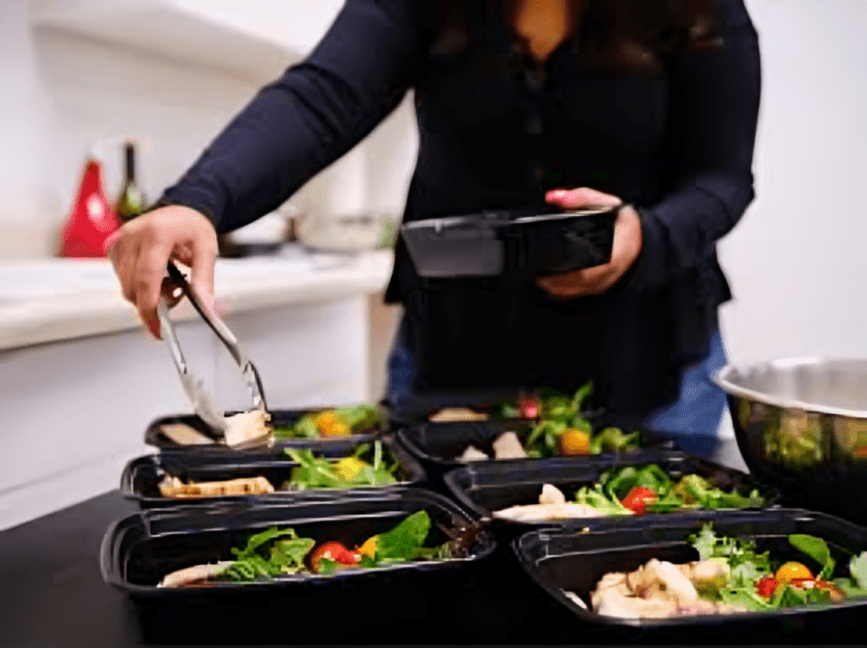
“
Meal prepping for a healthy lifestyle isn’t just a trend—it’s a long-term investment in how you feel, think, move, and glow. With every container you fill and every meal you plan, you are actively choosing control over chaos, nourishment over guessing, and energy over exhaustion. Unlike diet fads that fade, meal prepping for a healthy lifestyle builds rhythm into your weeks, purpose into your choices, and peace into your pantry. 1
1
”
Meal prepping helps you include a variety of fruits, vegetables, proteins, and whole grains in your diet, making it easier to stay balanced and get key nutrients throughout the week for overall health. 1
Preparing and portioning meals in advance allows better control over calorie intake, supporting weight management and helping prevent mindless snacking during busy, emotional, or stressful times. 2
Dedicating a few hours once or twice a week to meal prep reduces daily cooking time, making it easier to stick to healthy eating habits even during your busiest workdays or family schedules. 3

Planning meals ahead helps you create focused grocery lists, avoid spontaneous unhealthy purchases, and save money by limiting reliance on expensive takeout or convenience foods.
Knowing exactly what you're going to eat each day minimizes decision fatigue, making your daily routine smoother and reducing stress that often arises from last-minute meal planning or eating on the fly without a clear plan. 4
Meal prepping makes it easier to track macronutrients and calories, which is especially helpful for those following specific health goals like reducing sodium or supporting athletic performance with tailored nutrition.5
Prepping your meals empowers you to try diverse recipes, learn new cooking methods, and become more comfortable in the kitchen, gradually turning the act of preparing food into an enjoyable and confidence-boosting part of your week.6

This practice also makes it easier to follow special dietary needs—like vegetarian, gluten-free, or low-carb diets—because you control every ingredient and cooking method, ensuring your food aligns.
When you batch-cook your meals, you're often able to buy ingredients in bulk, which saves money and reduces packaging waste, making your eating habits more eco-friendly while also being kinder to your wallet. 7
Keeping nutritious meals in your fridge or freezer provides peace of mind that you have healthy options even on days when you're too exhausted to cook, helping you stay on track with your wellness goals. 8
Meal prepping is linked to improved diet quality, as it encourages you to plan meals that meet the recommended daily intake of essential vitamins, minerals, and fiber, which are often missing in restaurant food. 9
Having pre-prepared meals lowers the chance of skipping meals entirely, which is a common issue when people are pressed for time. Regular, nutritious meals support better metabolism, focus, and energy. 10
It also supports emotional well-being by reducing daily stress around food choices, which can be especially beneficial for individuals with anxiety by reinforcing structure and stability in eating habits. 11

Families benefit from meal prepping too, as it allows everyone to enjoy consistent, nutritious meals, reduces mealtime chaos, and even encourages kids to participate in cooking, building healthy habits from an early age.
Meal prepping supports fitness goals by ensuring you're always fueled with the right nutrients post-workout, reducing recovery time, and increasing endurance through balanced protein, carbs, and healthy fat ratios. 12
Having meals portioned and ready makes it easier to pack lunches for work or school, removing the temptation to eat out and giving you greater control over what you consume, even when you're not at home.13
It simplifies eating patterns during travel or shift work, allowing individuals to bring their own meals and stay nourished even when access to healthy food options is limited, which helps maintain consistency in their diet. 14

Meal prepping builds discipline and routine around food, which can positively influence other aspects of life, such as productivity, time management, and budgeting, creating a ripple effect of improved habits beyond just nutrition.
It also encourages mindful eating, as preparing your meals in advance gives you time to think about your food choices, nutritional needs, and personal health goals, helping create a deeper connection to what you eat and why. 15
Finally, meal prepping contributes to self-care by reinforcing the idea that nourishing your body is worth your time and energy. It becomes a routine that celebrates health, intention, and care for your present and future self.16


